If you’ve taken a walk through a park, along a canal path, or just down a residential street lately, you might have noticed all the litter everywhere.
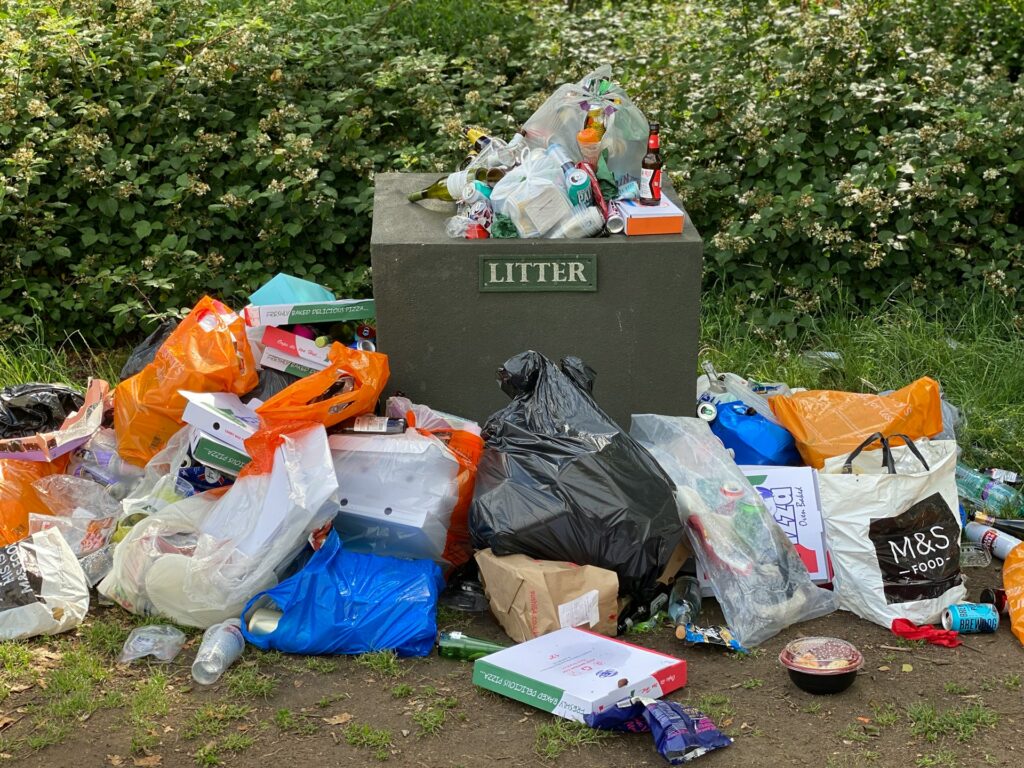
Takeaway containers stuffed into bushes, drinks cans abandoned on benches, crisp packets and dog poo bags left like someone else’s problem. It’s not just unpleasant—it’s getting worse, and it’s no longer something that seems confined to city centres or festivals. It’s creeping into every corner of daily life.
So what’s going on? Why does it feel like the UK has become noticeably more rubbish-strewn in recent years? It’s not just one issue; it’s a combination of cultural habits, economic pressures, logistical problems, and changing attitudes.
Public services are stretched thinner than ever.
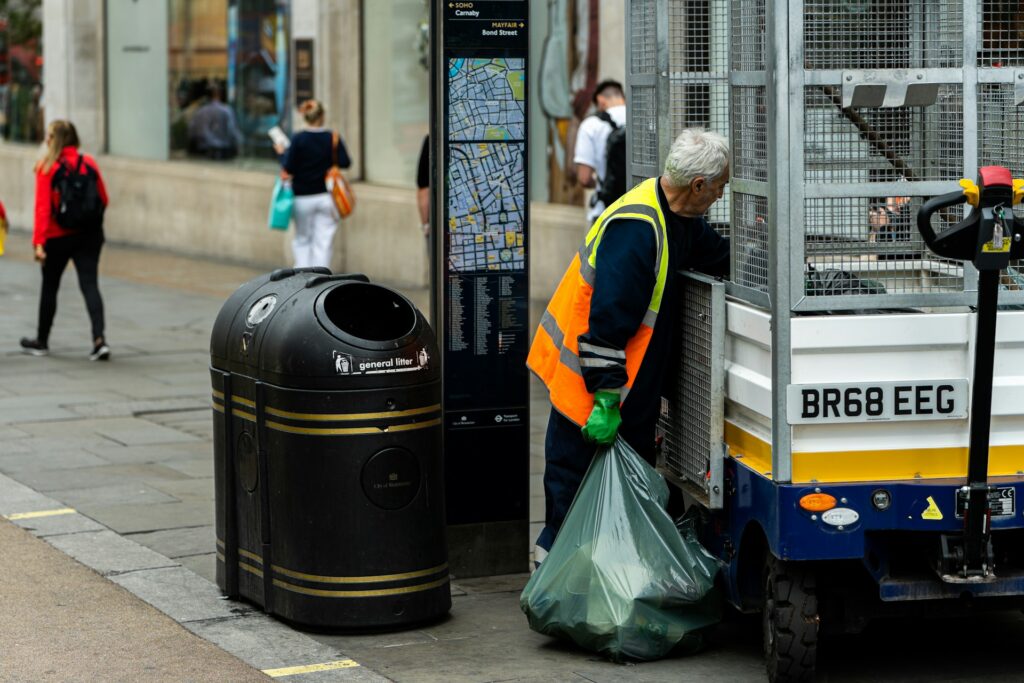
Council budgets have been cut repeatedly over the last decade, and it shows. Street cleaning and waste collection, particularly in less affluent areas, has slowed down. Bins aren’t emptied regularly, public spaces fall into disrepair, and fly-tipping becomes more common. When a place starts to look scruffy, it tends to invite more of the same. It becomes a feedback loop. People feel less inclined to take pride in a place that looks neglected, so they contribute to the neglect.
There’s a throwaway culture baked into how we consume.
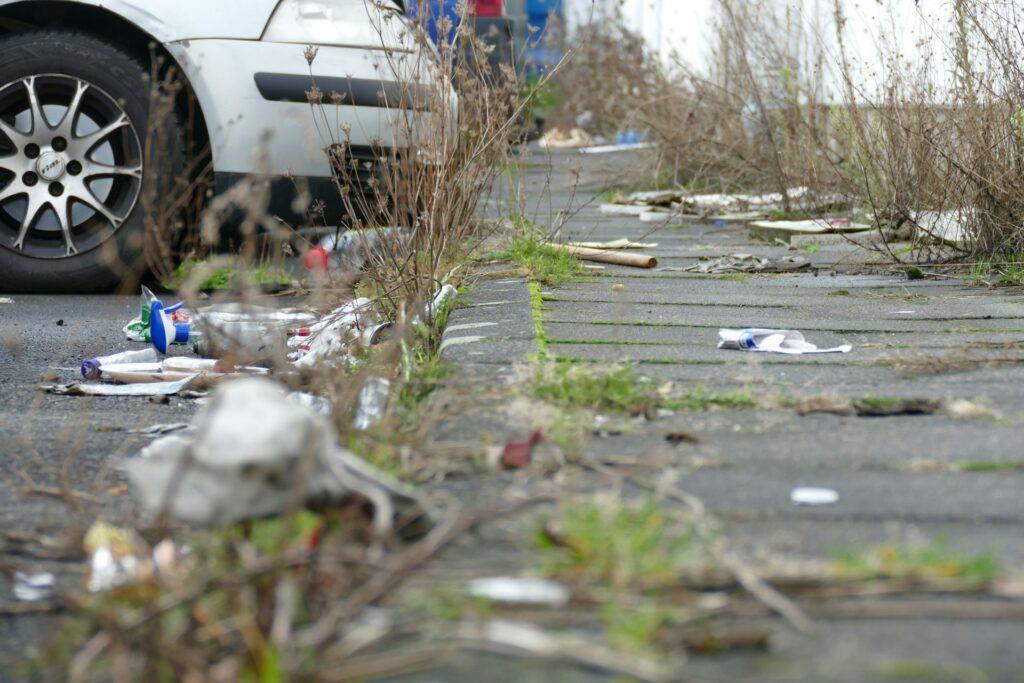
Packaging is now part of almost everything we buy. Supermarket meal deals, online shopping, fast food, takeaway coffees—it all generates waste, much of it single-use. Once that becomes your daily norm, tossing a wrapper onto the pavement doesn’t feel all that different to throwing it in the bin. It’s all part of a mindset that prioritises speed, convenience, and disposability. We’re generating more waste than ever, but we’re not always thinking about where it ends up.
Some people just don’t think it’s their problem.
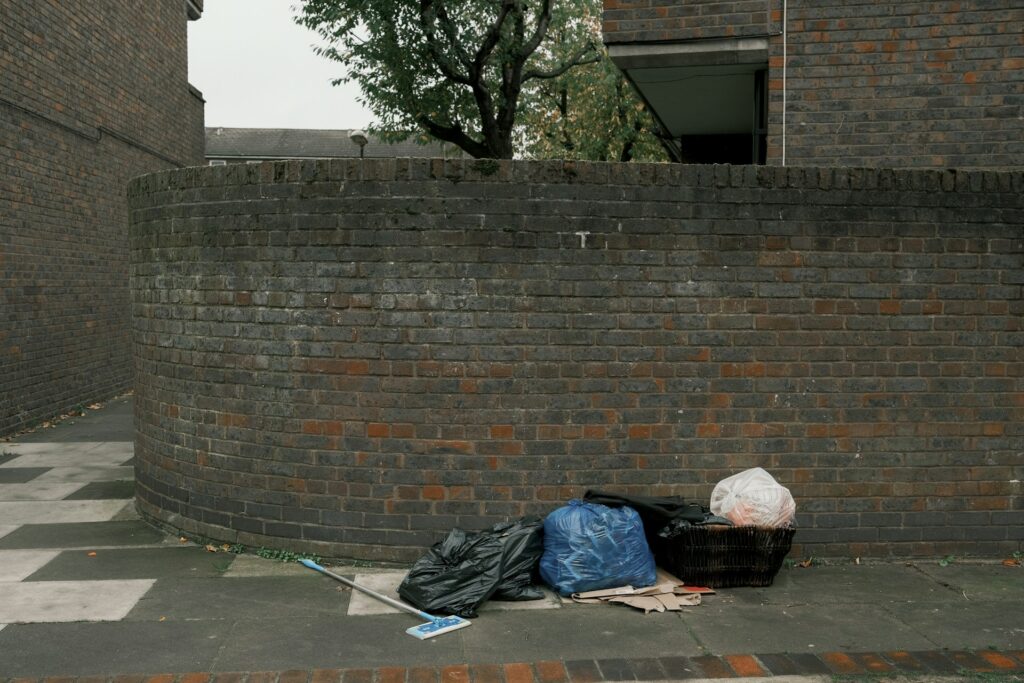
There’s a growing attitude that someone else will sort it. People who would never dream of littering in their own home see no issue with leaving rubbish in public places. It’s often driven by a sense of detachment. After all, if a park doesn’t feel like “yours,” why would you care what it looks like? And when others are clearly doing the same, it feels normalised. Rubbish attracts more rubbish.
Lockdowns changed how we use outdoor space.
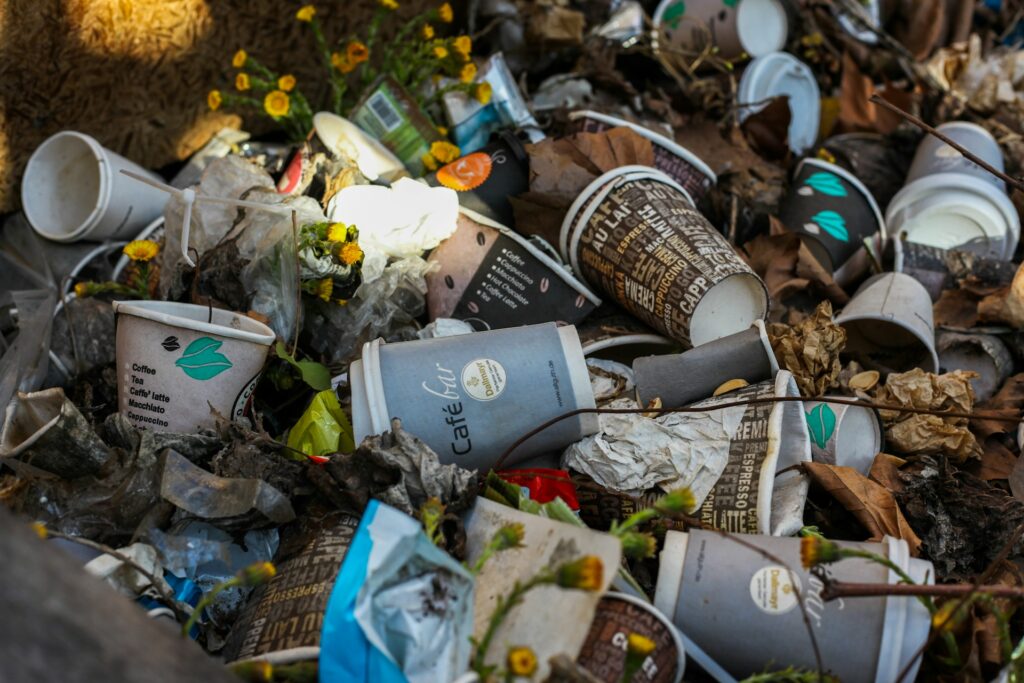
During the pandemic, we relied on outdoor spaces in a different way. Parks became the new pubs, gyms, and living rooms. But infrastructure didn’t catch up. Bins overflowed, toilets stayed closed, and maintenance teams were reduced. Even now, many people continue to eat and drink outside more often, especially on the move, and not everyone takes their rubbish with them. What started as a temporary shift has lingered, without the clean-up systems to support it.
Fines are rarely enforced.
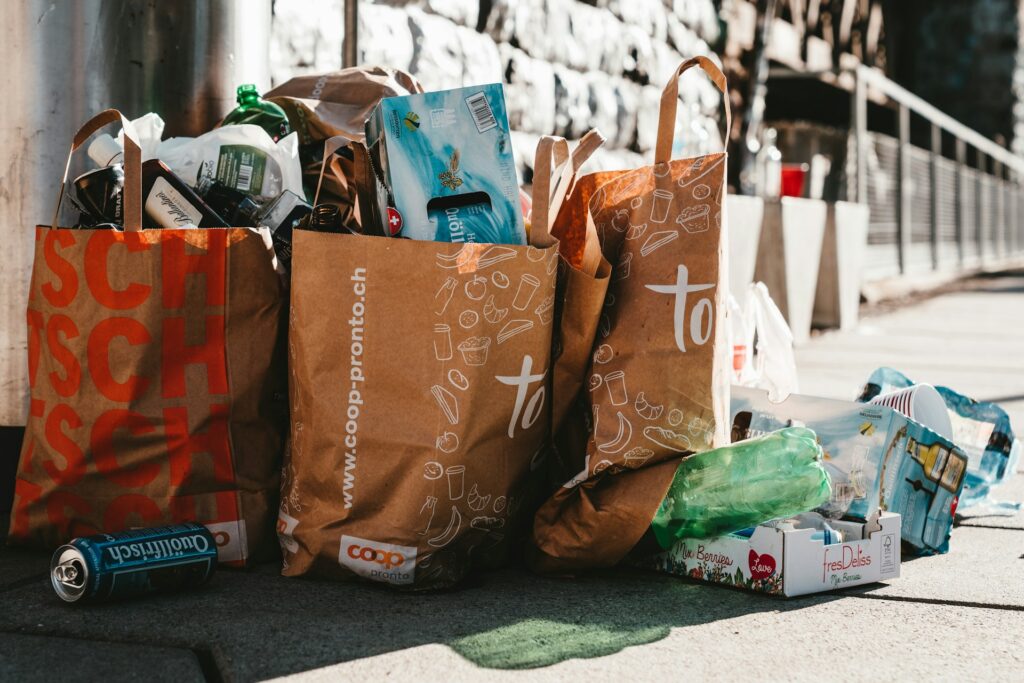
Littering is technically illegal, but you wouldn’t always know it. While fines do exist, they’re rarely handed out, except in the most obvious places like CCTV-heavy high streets or transport hubs. Most people who litter never get challenged. When enforcement is inconsistent or absent, the deterrent disappears. The law loses its meaning, and the message becomes: do it if you want, no one’s watching.
There’s not enough pride in shared spaces.
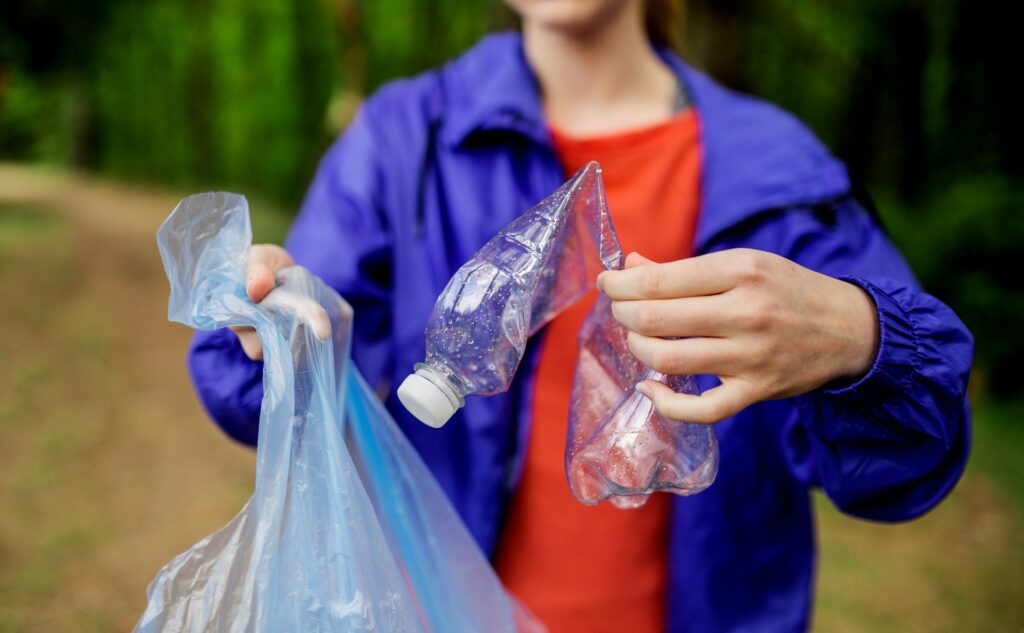
When people don’t feel ownership over public areas, they’re less likely to treat them with respect. Parks, streets, bus stops—they all feel like someone else’s responsibility. But in areas where communities have a say in how their environment is cared for, behaviour often improves. Local clean-up events, street art projects, or even just visible investment can change how people interact with a space. Without that connection, it’s easy to disengage.
Bin placement and design isn’t always practical.
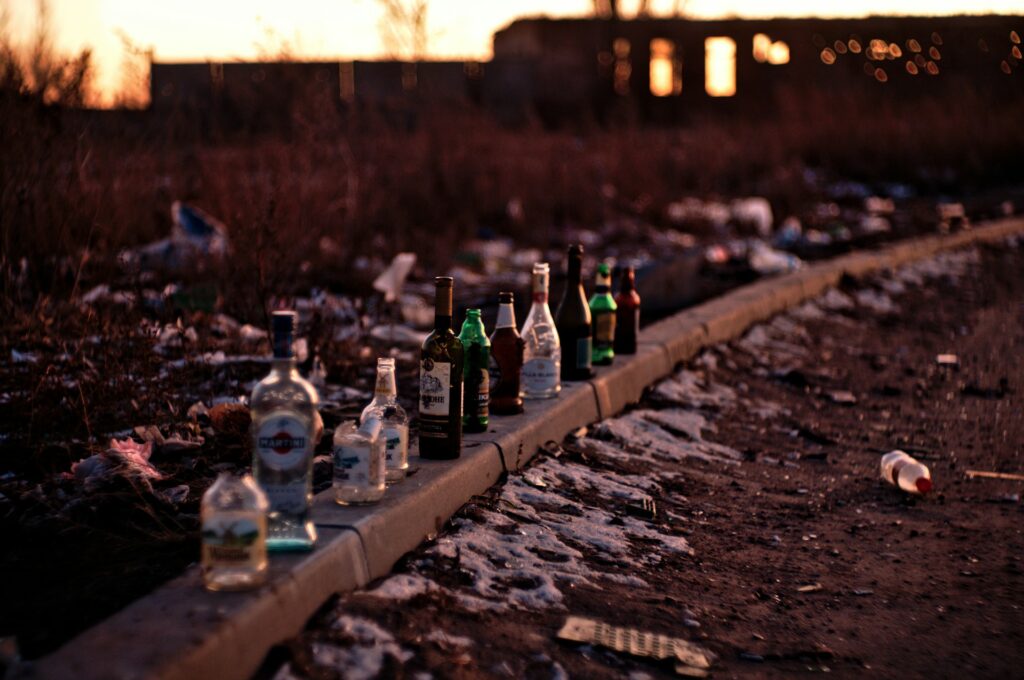
It might sound like a small issue, but bins play a big role. If a bin is full, hard to find, or impossible to use without juggling your coffee and phone, people often just give up. Plus, some bins just aren’t fit for the kind of rubbish being thrown away. Tiny bins in areas with high takeaway footfall don’t stand a chance. Design, size, and placement matter far more than we tend to realise.
Takeaway culture has surged.

Thanks to food delivery apps, grab-and-go lunches, and the rise of coffee shop culture, we’re eating on the move more than ever. That means more wrappers, cups, containers, and bags out in the wild. But while convenience has increased, the expectation that people will clean up after themselves hasn’t kept pace. We’ve made it easy to consume, but not as easy to dispose responsibly.
Public messaging is vague or inconsistent.

The UK’s approach to anti-litter campaigns has been inconsistent at best. Messaging varies widely by council, changes regularly, and is often poorly promoted. There’s no nationwide, recognisable effort that sticks. Compare that to the long-term public campaigns that helped change views on drink-driving or smoking—consistent, repeated messages work. Without them, the message about littering gets lost.
Social media has made public behaviour feel less private.
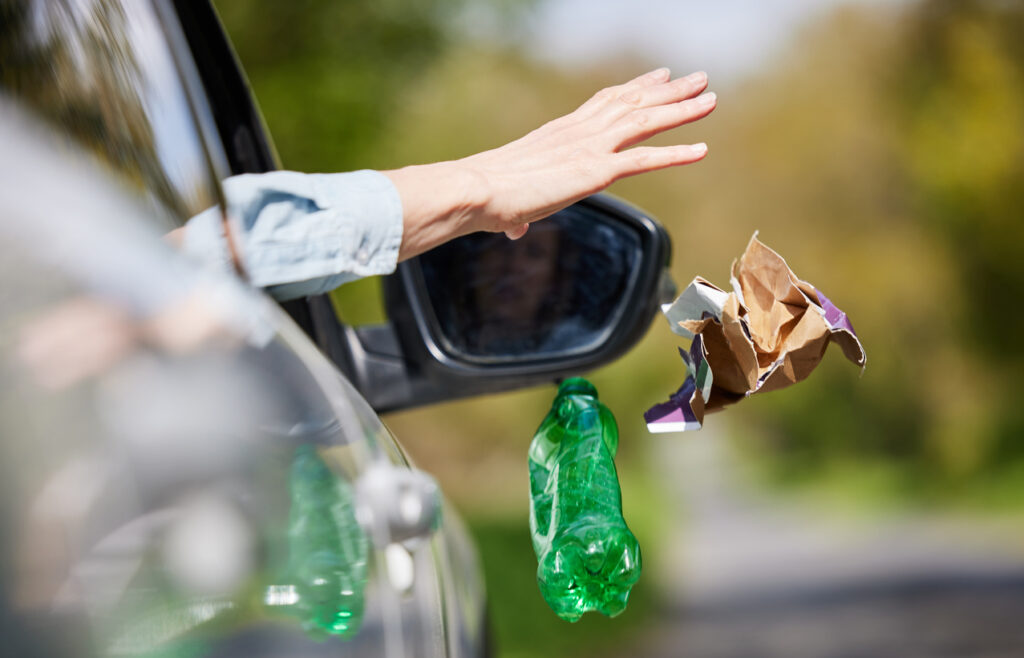
We live in a world where everything feels both hyper-visible and strangely detached. On one hand, people are more aware of how they might appear online; but on the other, the pressure to act responsibly in real life seems to have diminished. Littering doesn’t feel shameful when it’s framed as a quick, throwaway moment. Add to that the rise of viral videos glamorising chaos or rebellion, and littering becomes just another attention-seeking act for some.
Tourism, festivals, and large-scale events leave lasting messes.
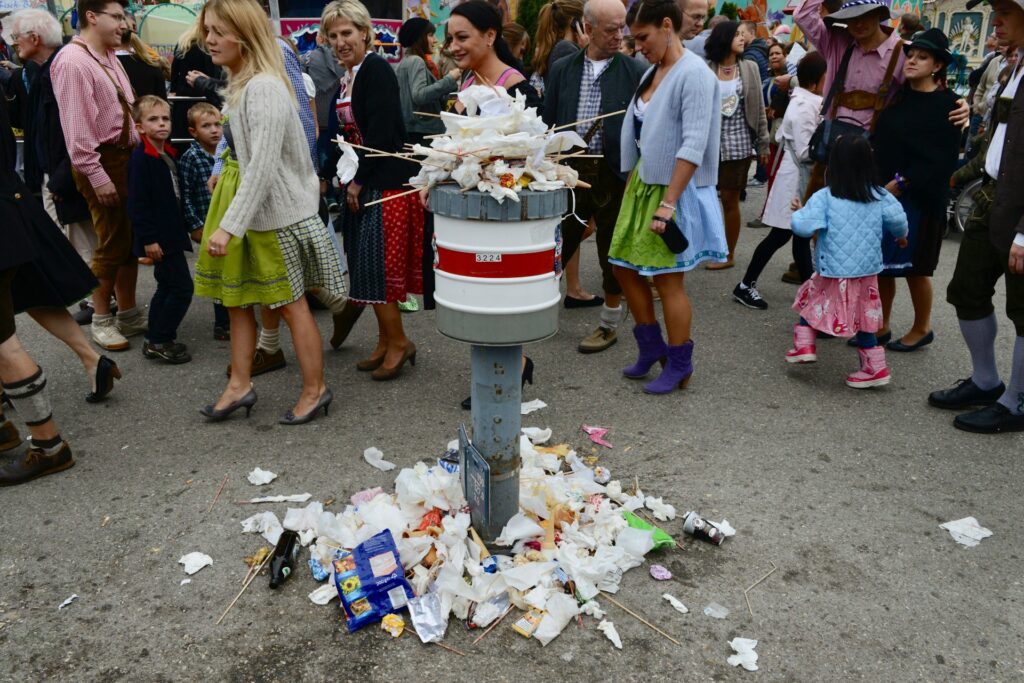
From beach weekends to street parties and festivals, large gatherings tend to generate a lot of rubbish. And even when clean-up teams swoop in the next morning, the damage to local spaces is obvious. In areas that host frequent events, the message that “someone will clear it up” becomes entrenched. It sends a signal that a bit of mess is just how things are now.
Mental fatigue and public apathy are growing.
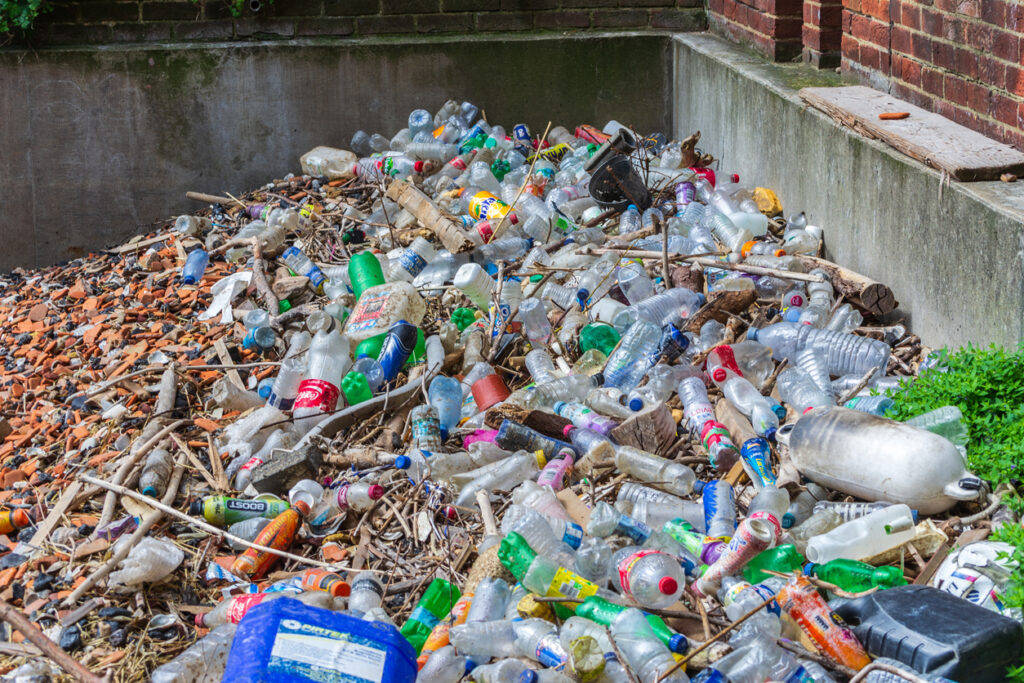
There’s also a broader issue at play: a sense of burnout or low-grade apathy about the state of the world. With rising costs, environmental anxiety, and constant bad news, some people simply feel less motivated to care. When day-to-day life already feels overwhelming, it’s harder to summon energy for something like littering. That doesn’t excuse it, but it does help explain why it happens more than it used to.
Littering isn’t new, but the way it’s become normalised in more corners of everyday life in the UK feels different.
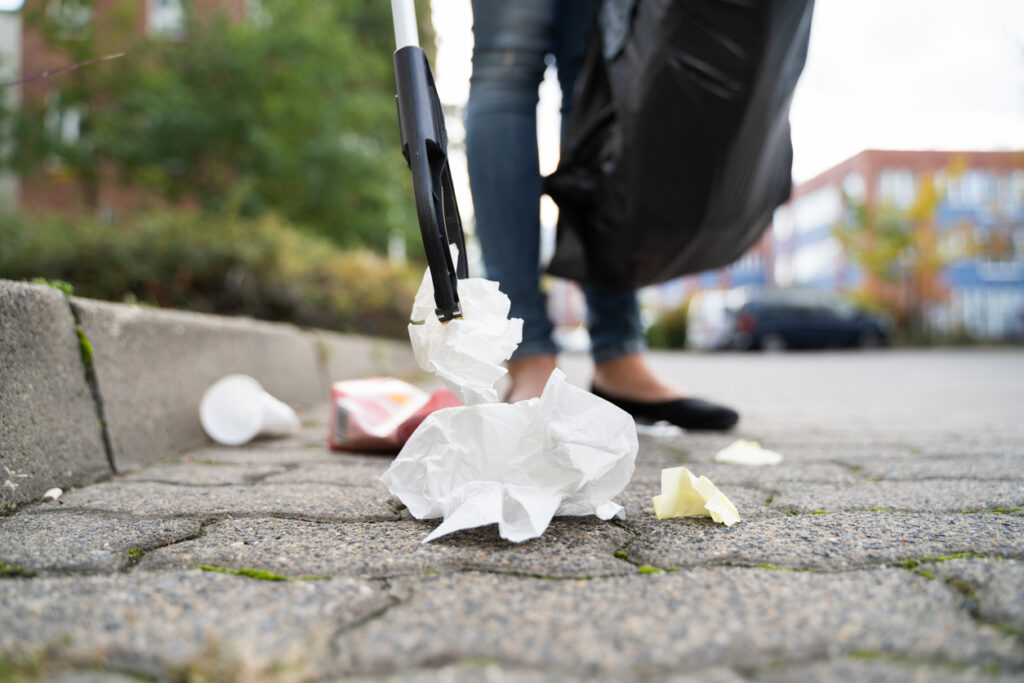
It’s not just a matter of bins or fines. It’s about attitudes, expectations, and the systems we build (or fail to build) to support basic public behaviour. If we want cleaner, more respectful spaces, we need more than slogans. We need infrastructure that works, laws that are enforced, and a sense that looking after our surroundings is something we all have a stake in. Because when we treat shared spaces like dumping grounds, it’s not just the streets that suffer—it’s the community around them.